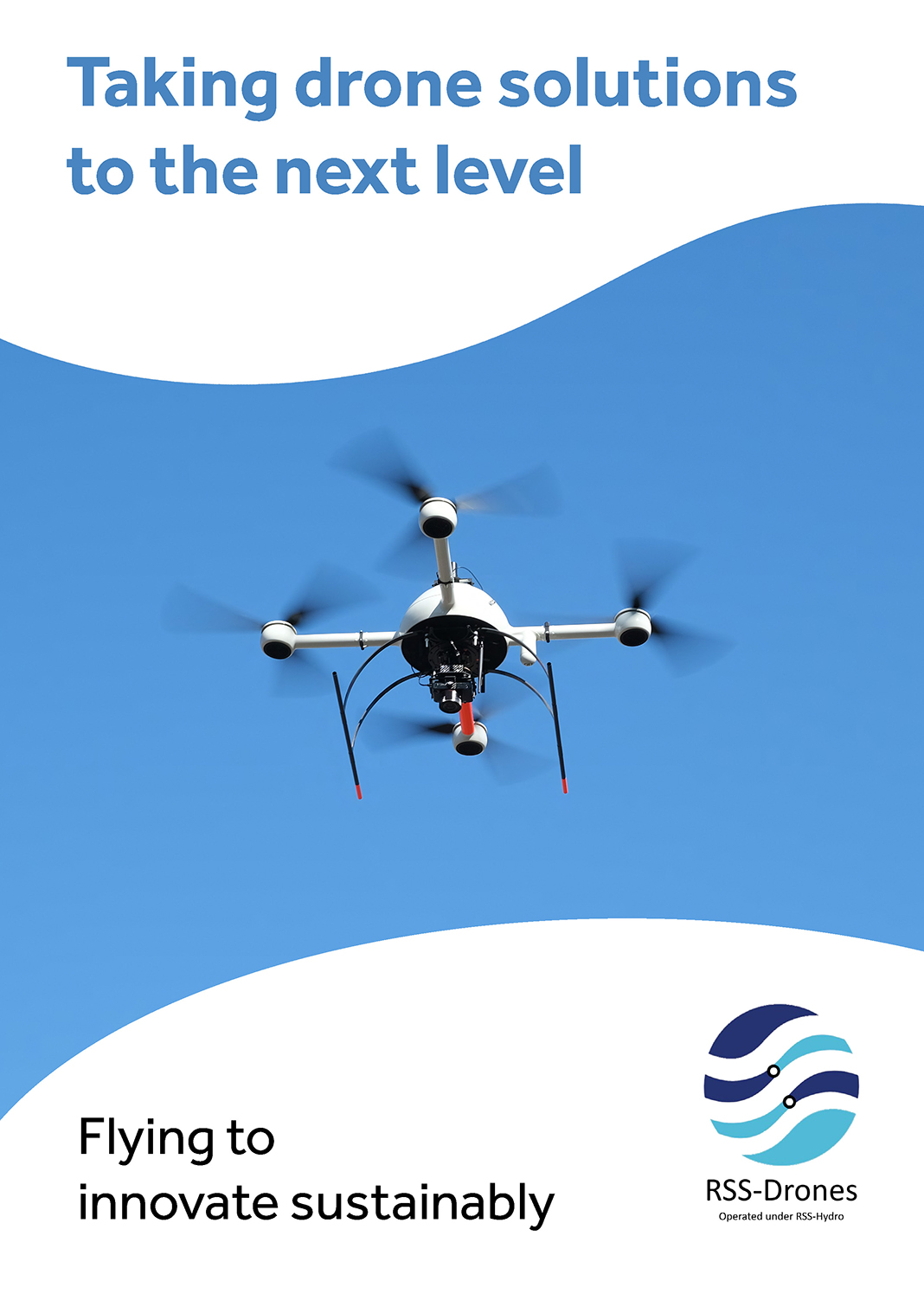Pioneers of the drone sector RSS-Hydro outline how their extremely versatile geospatial technologies provide a vast array of potential applications that can aid in achieving the world’s sustainable development goals.
As the rate of climate-linked disasters has been exacerbated significantly in the last few decades, the requirement for innovative technological advancements that can proficiently assist in mitigating the effects and strategising for preventing these events has never been more critical.
To combat ever-changing climate issues, reaching our sustainable development goals will be crucial to ensuring a green future for our planet. At RSS-Hydro, these goals are close to the company’s heart, with sustainable development goals 1, 2, 6, 13, 15, and 17 included in their missions and business activities.
This latest eBook from RSS-Hydro highlights the plethora of applications of their groundbreaking geospatial technologies in sectors such as construction, agriculture, humanitarian aid, environmental, and renewable energy, and how their implementation can aid in accomplishing sustainable development goals.
About RSS-Hydro
RSS- Hydro’s main activities revolve around three business pillars: research, development of science-driven products, and expert scientific consulting. RSS-Hydro’s main business consists of developing science-driven products and services focusing on water, floods, and flood disasters worldwide, primarily based on computer simulations, earth observation, and space technologies. The R&D company’s main expertise include:
- Remote sensing
- Hydrology
- Topography
- Flood modelling
- Machine learning
- Flood disaster assistance
- Extreme value analysis
- Education
RSS-Hydro’s Research and Education Department is a government-accredited research institute that participates in the Frontiers Development Lab as part of a public-private partnership with NASA and ESA.
RSS-Hydro’s overall mission is to establish a globally influential private R&D centre in flood science, with strategic public-private partnerships, including universities and national research institutions, joint ventures, as well as build strong collaborations with several international organisations.
RSS-Hydro’s team consists of senior scientists, including a recipient of an industrial fellowship award from the Luxembourg National Research Fund (FNR) in collaboration with the University of Luxembourg. The team regularly submits research projects to the European Commission, the European Space Agency, and other national and international programmes. RSS-Hydro’s primary revenue stream comes from research and development projects.


